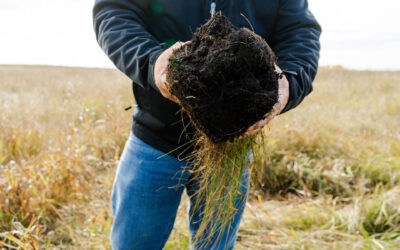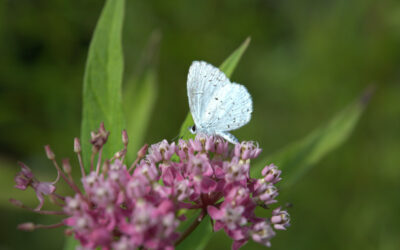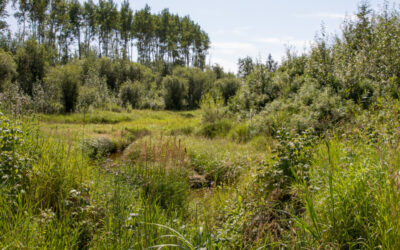French Ontario’s Ministry of the Environment, Conservation and Parks supports wetland enhancement and creation in ALUS communities throughout the province test test2
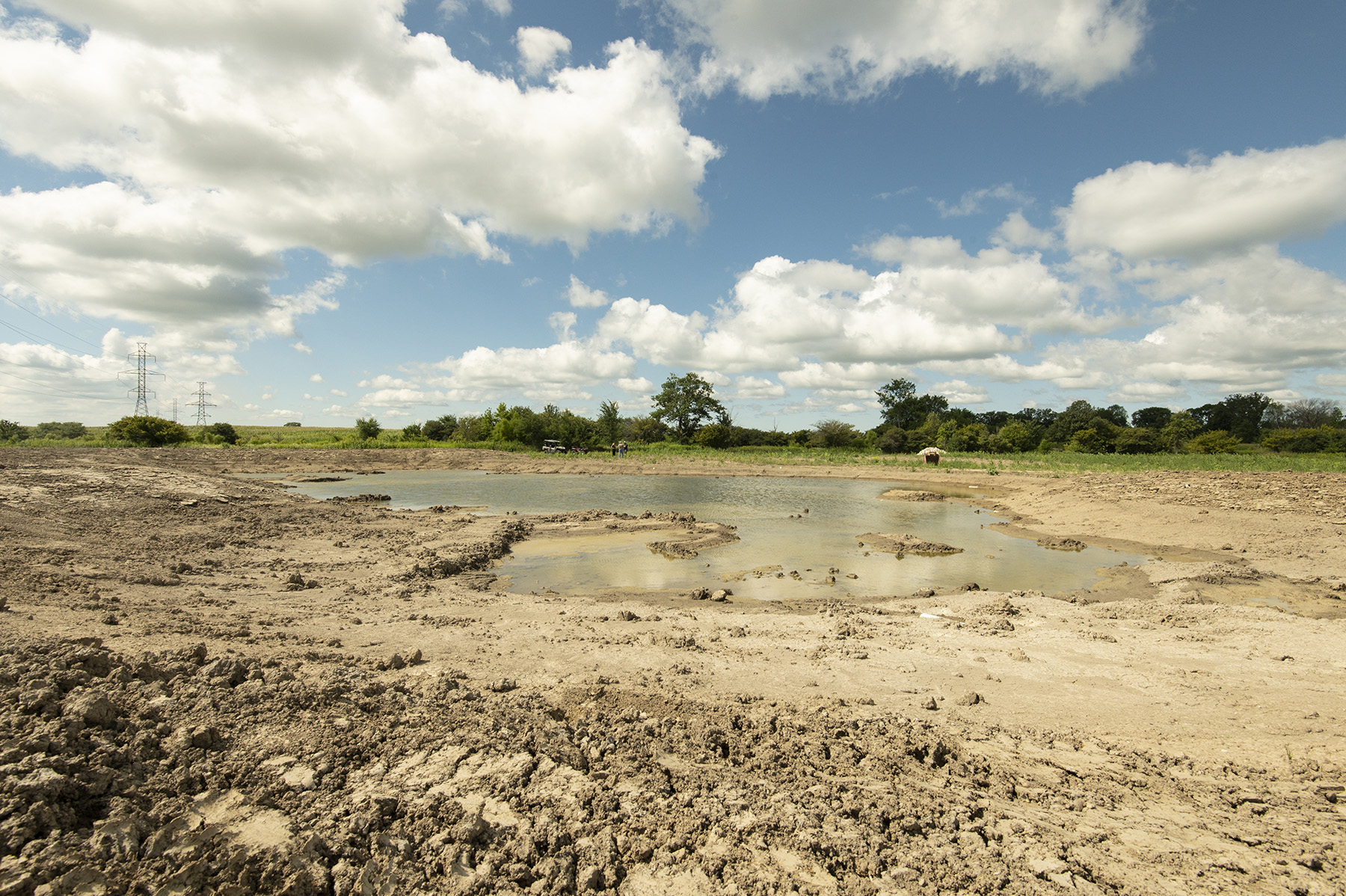
A new ALUS wetland project under construction by Bert, Dave and Bill Robson Jr., ALUS Lambton participants.
French Toronto, ON, November 23, 2022 — ALUS is pleased to announce over $2 million in funding for wetland projects in several communities across Ontario.
The funding from Ontario’s Ministry of the Environment, Conservation and Parks (MECP) will contribute to the creation of 154 acres (62 hectares) of wetland projects on privately-owned land, bolstering local agriculture, communities and the environment. In the period since the funding was released in March 2022, ALUS has delivered 150 acres (61 acres) of wetland projects in the targeted communities, with project activity likely to exceed targets before the end of the funding period in March 2023.
“Wetlands are some of the most productive ecosystems in the world and they must be protected,” said David Piccini, Minister of the Environment, Conservation and Parks. “Through meaningful partnerships with trusted partners like ALUS and the dedicated work of Ontario farmers, we’re bolstering local agriculture, communities and the environment.”
ALUS participants are motivated to deliver ecological goods and services for their land and their communities. Volunteers, ALUS participants and local ALUS program coordinators have made it possible to set a pace that puts ALUS on track to exceed the Ministry’s targets. These stakeholders are contributing to a new way of practicing conservation; not locking up the land, but supporting and collaborating with farmers whose ingenuity and stewardship provides dynamic landscape management that benefits agriculture and natural spaces.
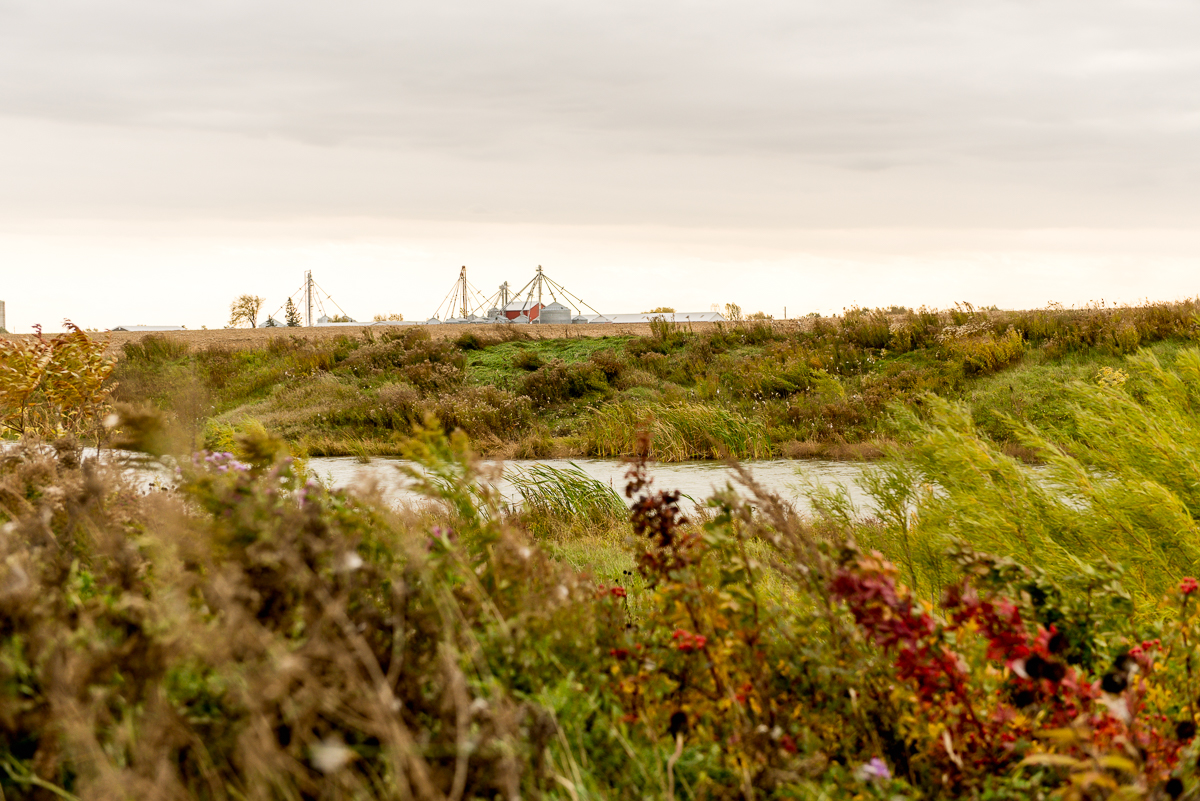
An established wetland project undertaken by Marc Bercier, ALUS Ontario East participant.
Farmers participating in their local ALUS program receive technical, material and financial support for environmental projects on their land. ALUS is farmer-led, inviting potential participants to propose projects that address their unique landscape challenges. The submitted project is reviewed by the local Partnership Advisory Committee, comprised from a network of like-minded agricultural stewards in the applicant’s community.
Participants in ALUS Chatham-Kent, ALUS Elgin, ALUS Grey-Bruce, ALUS Lambton, ALUS Lanark, ALUS Middlesex, ALUS Norfolk, ALUS Ontario East and ALUS Peel Pilot will benefit from this funding, adding to the more than 3,000 acres of wetland projects already enrolled in ALUS across Ontario.
Wetlands provide essential ecological and financial value to Canadian communities, filtering water, mitigating flood, storing water in times of drought, and acting as habitat for numerous species. Ontario’s wetlands face critical challenges that ALUS participants are helping to address. The support from MECP will help them in this work.
About ALUS
ALUS (originally an acronym for Alternative Land Use Services) is a national charitable organization that provides expertise, resources, and direct financial support to 35 communities across 6 provinces where more than 1,400 farmers and ranchers establish and steward nature-based solutions on their land. These solutions deliver ecosystem services to help sustain agriculture and fight climate change and biodiversity loss for the benefit of communities and future generations. Projects such as enhanced wetlands, windbreaks, riparian buffer zones, wildlife habitats, adaptative agricultural practices and other impactful environmental solutions produce cleaner air, cleaner water, greater biodiversity, carbon sequestration, erosion control, flood and drought mitigation, pollinator and wildlife habitat, and other ecological services.
About MECP
This funding is part of the Ontario government’s Wetlands Conservation Partner Program, a five-year, $30 million program, representing one of the largest investments in wetland restoration in Ontario’s history. Funding focuses on enhancing wetlands in the Great Lakes watersheds and supporting municipalities with stormwater management by enhancing natural infrastructure.

